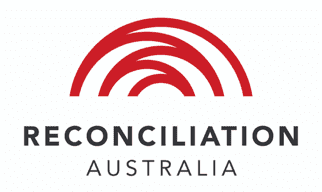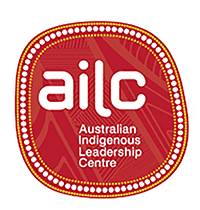See our privacy policy to find out how AIGI handles your personal information.
Kanyirninpa Jukurrpa’s (KJ) governance structure is unique, reflecting its commitment to shared leadership and community-driven decision-making KJ’s board of directors ensure equitable representation from...




.png)







